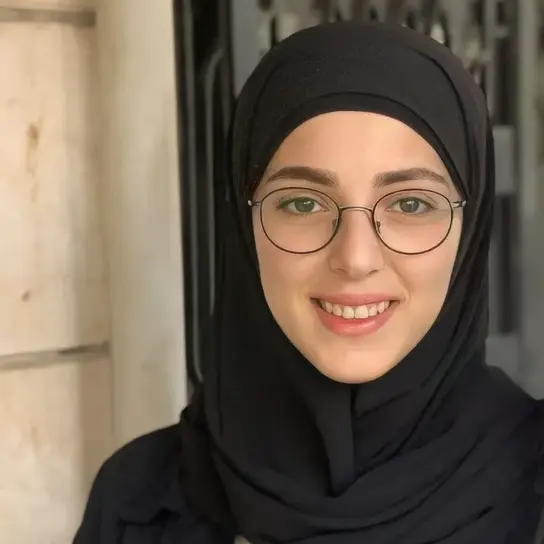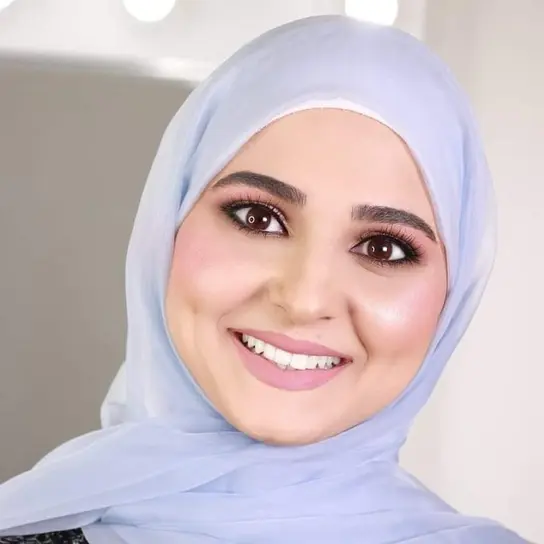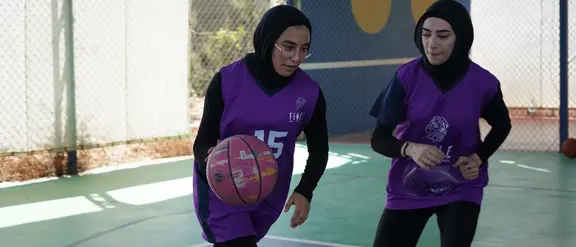Lebanon: The situation for girls in the war
With our project in Lebanon, we create safe spaces for girls and support them in defending their rights. In the border region with Israel, Ghadir Haidar and Intissar Mokdad work for the "FEMALE" Community Center in Nabatieh. In this interview, they discuss the impact of the war and how the well-being of children can be ensured during these difficult times.
How does the conflict affect your work in the border regions?
Ghadir Haidar: The increasing violence and the constant threat of escalation of the war have dramatically worsened the situation in southern Lebanon. Air strikes and the destruction of infrastructure are having a catastrophic impact on the lives of many people. This has made our work extremely difficult, but we are doing everything we can to continue our programs as effectively as possible.
How worried are you about a further escalation?
Ghadir Haidar: The threat of another war is a constant worry, especially here near the border. We fear that our community and our projects could completely collapse due to the violence and destruction. The uncertainty about how much longer we can work in safety weighs heavily on us.

"One girl told us that our football and basketball lessons are the only moments when she feels safe and happy."
Is there a situation that has particularly moved you recently?
Ghadir Haidar: A particularly moving moment was when a girl who had lost her home in the border region due to the attacks asked us not to cancel football training. She said, "If we have to die, then let us die doing what we love most." This deeply touched us all and shows how important our project is for the children.
How are things going in the team?
Intissar Mokdad: The strain is very high for all of us, but we try to support each other, and the small and large successes give us courage. For example, one of our colleagues managed to organize medical aid deliveries despite the difficult circumstances, which helped many women and children in the border region.
And how are the girls in the project doing?
Intissar Mokdad: The children are suffering greatly from the fear and insecurity brought about by the conflict and the threat of war. Many of them show signs of stress and anxiety. A girl from a village near the border told us that our football and basketball sessions are the only times she feels safe and happy.

"It is important that the international community does not look away."
How can you strengthen children during this difficult time?
Intissar Mokdad: We offer the children as much stability as possible by continuing our sports programs and providing psychosocial support. A concrete example is our soccer team, which continues to train regularly to give the children a safe space and a carefree time.
What do you want from the people and the government in Germany?
Intissar Mokdad: We urgently need solidarity and support, both financial and political. We hope that the German government will do more to end the violence and support humanitarian aid here in southern Lebanon.
Ghadir Haidar: It is important that the international community does not look away, but takes action to alleviate the suffering of children.
FEMALE is a civil society, feminist collective founded in 2012 by young women, activists, and journalists. The organization advocates for gender equality by building a young feminist movement and fighting against discriminatory norms and laws. In southern Lebanon, FEMALE provides safe spaces and sports opportunities, especially for girls and women, even under the most challenging conditions.
